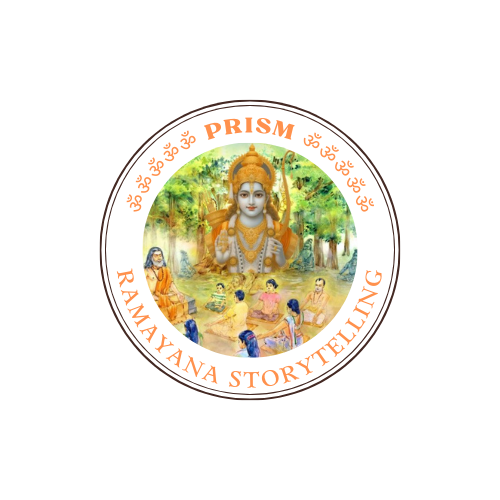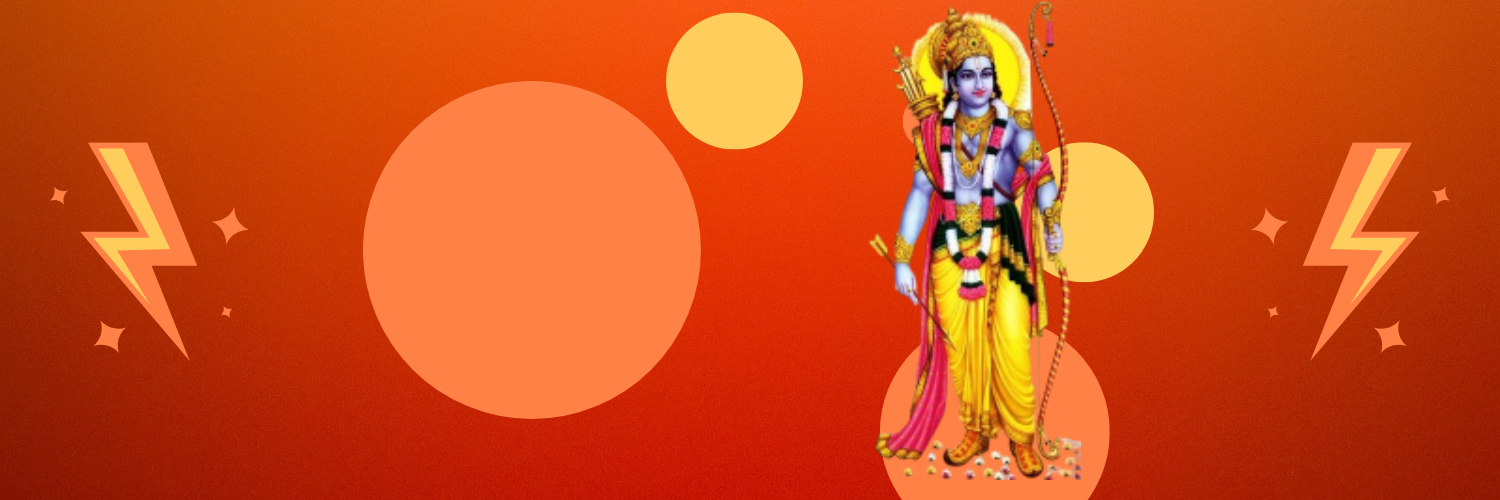Dhanvantari (Sanskrit: धन्वन्तरि, romanized: Dhanvantari, Dhanvamtari, lit. ’moving in a curve’) is the physician of the devas as written in the Puranas. He is regarded as an avatar of Vishnu. He is mentioned in the Puranas as the god of Ayurveda. During his incarnation on earth, he reigned as the King of Kashi, today locally referred to as Varanasi. Dhanvantari is also identified as the great-grandfather of Divodasa, a mythological King of Kashi in the Vishnu Purana.
According to the ancient Sanskrit work Vishnudharamottara, Dhanvantari is a handsome individual and is to usually be depicted with four hands, with one or two of them carrying a bowl of amrita, the elixir of immortality. Dhanvantari is depicted in a stark resemblance to Vishnu, with four hands, holding the shankha, chakra, jalauka (leech), and a pot containing amrita. He is often shown with a leech in his hand rather than the scriptures, symbolism for the historical practice of bloodletting. Some texts describe him as holding a conch, amrita, medicinal herbs, and a book of Ayurveda.
Origin
The Bala Kanda of the Ramayana[12] and Bhagavata Purana state that Dhanvantari emerged from the Ocean of Milk and appeared with the pot of amrita (elixir of immortality) during the Samudra Manthana, whilst the ocean was being churned by the devas and the asuras, using the Mandara mountain and the serpent Vasuki. The pot of amrita was snatched by the asuras, and after this event, Vishnu’s avatar, Mohini, appears and takes the nectar back from the asuras. It is also believed that Dhanvantari promulgated the practice of Ayurveda.[13] Of special mention here is the treatise of Dhanvantari-Nighantu, which completely elucidates Dhanvantari’s medicinal plants.[14]
The Brahmanda Purana describes the origin of the physician deity :
Let the origin of Dhanvantari be heard, O Brāhmaṇas. He was born formerly when the ocean was being churned, for the sake of nectar. At the outset, he was born before the Kalaśa (pot). He was encircled by a halo of glory all round. On seeing him having accomplished his task suddenly, Viṣṇu who was standing by said—“You are born of water”. Hence, he is remembered as Abja (water-born). Abja said to Viṣṇu—“O lord, I am your son. Allot me my share and place in the world, O excellent god.” On being told thus, the lord said after review in the factual position, “The division of the Yajña has already been made by the sons of Diti as well as the Suras. The due performance of Homas etc. has been laid down in the Vedas by the great sages. It is not possible to get Homa performed unto you at any time. As you are born subsequent to Vedas O god, you have no Mantra (assignable to you). O lord, in your second incarnation you will earn reputation in the world. Then you will attain the super-natural powers like Aṇimā (minuteness) and others. O lord, you will attain Deva-hood with this selfsame body. Brāhmaṇas (and other twice-born ones) shall worship you with Caturmantras (i.e. Mantras from the four Vedas), ghee offerings and Gavyas (materials of worship obtained from milk, milk products). You will once again reproduce the Āyurveda (the Science of Medicine). These incidents and events are inevitable and have already been visualised by the lotus-born lord (Brahmā) earlier. Undoubtedly you will be born in the second Dvāpara Yuga”. Therefore, after granting the boon, Viṣṇu disappeared.
— Brahmanda Purana, Chapter 67
Incarnation
During the second Dvapara Yuga, the King of Kashi, Dirghatapas, propitiated the physician deity for the birth of a son. The deity agreed to incarnate himself as the desired child as a boon. Dhanavantri proved to be a great king, and is described as the “dispeller of all ailments”. He is described to have been exempt from infirmities and recognised as a “master of universal knowledge”.[9] The sage Bharadvaja educated him regarding the therapeutic practice of Ayurveda, and further caused him to study medicine. The king created a classification of his knowledge of medicine into eight fields and disseminated it to a number of diverse disciples.[15]
Dhanvantari and Manasa
According to the Brahma Vaivarta Purana, Dhanvantari, accompanied by his disciples, once journeyed to Kailasha. On the way, a naga named Takshaka emitted a venom-spitting hiss. A disciple plucked the diamond upon the head of Takshaka and hurled it towards the earth. Upon learning these events, the powerful serpent-king Vasuki amassed thousands of serpents under the leadership of Drona, Pundarika, and Dhananjaya against the entourage. The poisonous emissions of all these serpents united to make the disciples of Dhanvantari faint. Immediately, Dhanvantari concocted a medicine made from vanaspati, allowing his followers to recover and causing the snakes to faint in turn. When Vasuki understood what had transpired, he sent a Shaiva serpent goddess, Manasa, to face Dhanvantari. Manasa sent the disciples of Dhanvantari into a swoon, but since the deity was proficient in the art of Vishvavidya, he soon restored his disciples to consciousness. When Manasa deemed it impossible to defeat Dhanvantari or his disciples, she held the trishula given to her by Shiva and aimed it at Dhanvantari. Seeing this, Shiva and Brahma appeared before them and restored the peace, sending them all on their way.[16]
According to the Ancient Indian Scripture/Puranas, Lord Dhanvantari, the God of Ayurveda, taught Ayurveda to sages and rishis orally who became his disciples. His disciples include : Sushruta, Pauskalavata, Aurabha, Vaitarana and Aupadhenava.
Some of Sushruta’s groundbreaking works include operations include rhinoplasty (the repairing or remaking of a nose), removal of a dead foetus, and lithotomy (surgical incision into hollow organs such as the urinary bladder to remove stones, or calculi).
Some of Pauskalavata’s

